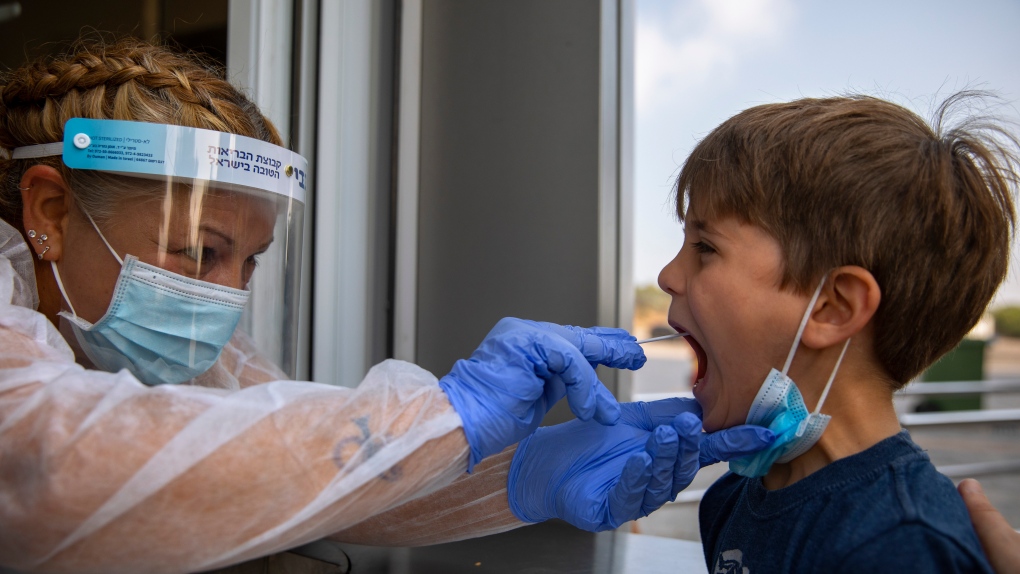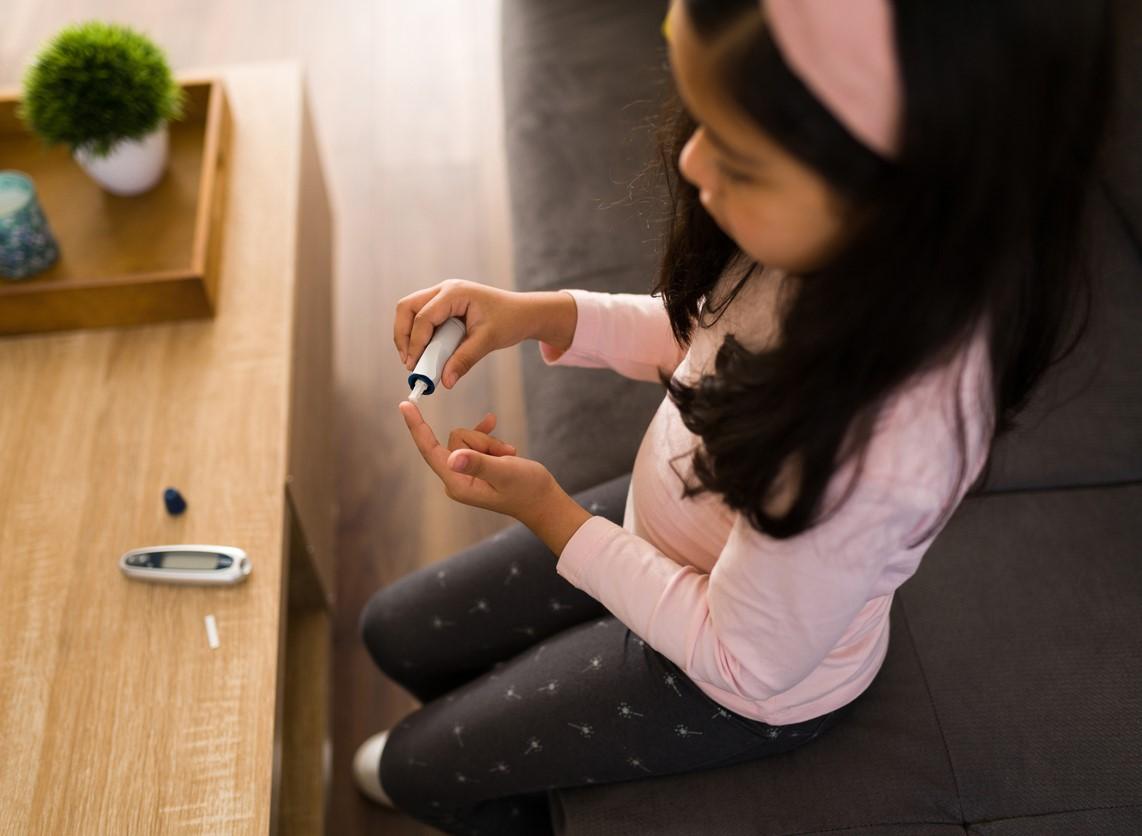Juvenile COVID Infections, Vulnerability to Diabetes
"It 's been pretty clear for over a year now that COVID ... was probably associated with something like a doubling of diabetes risk in little kids.""The effect pops up over and over again, and at this point the appropriate thing to do is assume it's real and act accordingly, rather than say 'We need more evidence'.""[This is particularly so given the cost of diabetes both in medical expenses and harm done those with the condition]."Dr. David Fisman, epidemiologist, University of Toronto Dalla Lama School of Public Health"[People under 18 who had been infected by the novel coronavirus] were more likely to receive a new diabetes diagnosis more than 30 days after infection than those without COVID-19."U.S. Centers for Disease Control and Prevention study"If one goes to a pediatric emergency room today, and there's a 16-year-old child who comes in with an elevated blood sugar, one would have to be cautious about immediately saying this person has Type 1 versus Type 2 diabetes.""There's more and more Type 2 diabetes that's starting to become evident in our adolescent and even in younger children, which is tragic. Thirty or 40 years ago, a 16-year-old, that would be Type 1 diabetes until proven otherwise.""There's uncertainty around whether COVID-19 increases the risk for Type 1 diabetes. I don't think the data supports that right now. But I think the data does support an increase in Type 2 diabetes associated with the pandemic, probably not from the virus but probably from all of these other issues ... the weight gain, the stress, lack of exercise, etcetera."Dr. Daniel Drucker, senior investigator, Lunenfeld-Tanenbaum Research Institute, Mount Sinai Hospital, Toronto
 |
| A health worker collects a swab sample from a kid to test for COVID-19, at a coronavirus testing center, in Tel Aviv, Israel, Monday, Aug. 9, 2021. (AP Photo/Oded Balilty) |
Toronto-based Manulife Financial, a Canadian insurance giant, released data appearing to indicate an increase in diabetes among young people. This represents a trend that some studies and medical experts attribute to the novel coronavirus, SARS-CoV-2 that causes COVID-19. According to their data individuals under age 44 accounted for 19 percent of diabetes claims and that number is on the rise in Canada, an increase from 2019''s 13 percent. That number was not broken down to distinguish Type 1 from Type 2 diabetes.
Type 1, once called Juvenile Diabetes, results from a genetic disposition for the pancreas to stop producing insulin without which a patient would waste away and die and did before 1921 before Banting and Best discovered insulin and revolutionized a treatment for the still-incurable autoimmune disease. Type 2 diabetes means being insulin-dependent and a lifetime of self-administering insulin injections. Type 2, once called Adult-onset Diabetes is when the body no longer makes productive use of the insulin released by the pancreas and is considered more of a lifestyle disease; overweight and sedentary. Treatment usually consists of medication and a therapeutic lifestyle change.
The Centres for Disease Control January study used two U.S. medical claims databases covering March 2020 to June 2021 to find that other respiratory infections were not associated with increased risk of diabetes, postulating that the novel coronavirus might affect pancreatic cells with the potential to prod people with existing pre-diabetes conditions into full-fledged diabetes. Another study in March using international data found a moderate incidence increase of diabetes in individuals between ages 19 and 30 who contracted a COVID-19 infection.
Debate within the medical community questions whether the rise in diagnoses reflect delays in treatment during lockdowns and other issues such as whether children in control groups thought to have been free from COVID-19 infection actually had previously been infected and were asymptomatic. According to Dr. Drucker, skeptical about the conclusions implicating the virus in diabetes onset, additional questions are issues such as rising obesity levels and more sedentary lifestyles during lockdowns leading to young people acquiring Type 2 diabetes.
Another area of research is the interplay between the mental and physical health of people in leading to diabetes onset. Nearly half of adult Americans gained weight during the pandemic and depression and anxiety symptoms rising, reflect predictors of weight gain leading to diabetes onset. According to the Canadian Institute of Actuaries tracking the pandemic experiences of over a dozen life insurers, COVID-related insurance claims across the country accounted for 13 percent of total claims in 2020.
Drs. Shivani Misra and Linda DiMeglio of Imperial College London and Indiana Univ4rsity respectively, summed up the challenge of tackling the complex factors at play during the pandemic, published in the December issue of the journal Diabetes. They wrote of the difficulty involved in reaching "rapid, clear answers" regarding a potential link between COVID-19 and rising rates of blood-sugar disorders.
CIDRAP "Given the interplay of multiple factors influencing diabetes diagnosis and incidence during the pandemic, although the data remains of interest and are critical to follow, it is unlikely that we will have crystal clear answers soon.""Unsurprisingly, studies attempting to analyze this association have provided conflicting results."Shivani Misra, clinical senior lecturer in diabetes and endocrinology, Imperial College LondonLinda A. DiMeglio, professor of pediatric endocrinology, Indiana University
Labels: Child and Youth COVID Infections, Controversy, COVID-19, Diabetes Onset Risk, Global Pandemic, Studies


0 Comments:
Post a Comment
<< Home